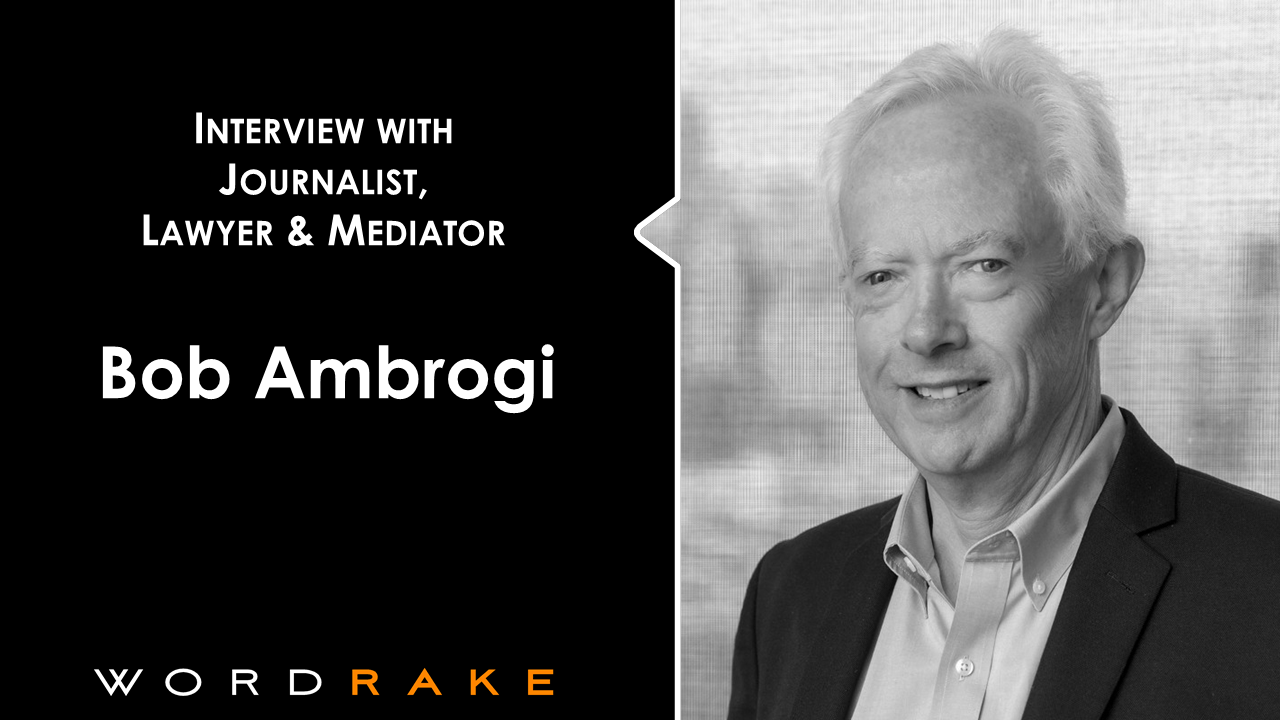Giuliani meets with Ukrainian lawmaker Andriy Derkach in Kyiv, Ukraine, Thursday, Dec. 5, 2019. Photo provided by Derkach’s press office.
“I committed no crime, and if you think I committed a crime, you’re probably really stupid, because you don’t know who I am,” America’s Mayor gabbled to NBC New York reporter Melissa Russo last week.
Presumably his lawyers will come up with something better than “Do you even know who I am!” if and when Rudy Giuliani is actually charged with a crime. The former prosecutor is currently under federal investigation for possible failure to register as a foreign agent after a year spent hobnobbing with Kremlin agents in a search for dirt on Joe and Hunter Biden.
“Is the guy who put the mafia in jail, terrorists in jail, Ed Koch’s commissioners in jail, and the worst people on Wall Street — I’m not going to file?” he chuckled derisively. “I mean, that’s just crazy.”
In point of fact, he did not file, electing instead to insert a clause in his contracts with foreign entities describing the work as ALL LEGAL, NO LOBBYING. Which may or may not convince the Southern District of New York that everything was totally kosher. It’s unclear how he’s going to earn a living now, since he’s been suspended from the practice of law in New York and DC and can no longer claim to be doing very serious top secret lawyer stuff for his overseas clients.
For what it’s worth, Ukrainian heavy Pavel Fuks was very clear that he’d hired Giuliani as a lobbyist, not a “security expert” or “lawyer.”
“I would call him the lobbyist for Kharkiv and Ukraine — this is stated in the contract,” Fuks told the New York Times in 2019, adding, “It is very important for me that such person as Giuliani tells people that we are a good country, that people can do business with us. That’s what we would like to bring to America’s leaders.”
And indeed, Our Rudy did manage to shine a bright light on Ukraine and its leaders. Although, perhaps not quite in the way his clients intended.
Knowing that a retired federal judge is poring over every document on his hard drive after the feds raided his office, might cause a normal person to become a little circumspect. But not Rudy Giuliani, who agreed to speak with reporters for a story about the upcoming 20-year anniversary of the September 11 attacks, then immediately skipped ahead to the Festivus Airing of Grievances.
“I am more than willing to go to jail if they want to put me in jail. And if they do, they’re going to suffer the consequences in heaven,” said the holy martyr. “I’m not, I didn’t do anything wrong.”
Which seems a tacit acknowledgement that divine intervention (or retribution) might be the only option left for Giuliani, now that he’s been abandoned by his holy savior on earth. Because with all the many millions of dollars Donald Trump is hoovering up from the rubes — although not as many as he’d have us all believe — he doesn’t have one single greenback to spare for his old pal Rudy.
Even though, according to Times reporter Maggie Haberman, Rudy’s pals say he’s “close to broke,” he’s permanently on the outs because “Trump aides have been clear they see no mechanism for paying Giuliani’s legal bills that isn’t problematic for Trump, and they think Giuliani took actions a lawyer should have known were problematic, even if the client wanted it.”
Ya think?
But Giuliani remains defiant, telling NBC of his persecutors “they lie, they cheat,” but nonetheless “I believe I will be vindicated.”
Well, good luck to him!
‘Willing to Go to Jail’: Rudy Giuliani Calls Ukraine Investigation ‘Lawless’ [NBC New York]
Elizabeth Dye lives in Baltimore where she writes about law and politics.






 Olga V. Mack is the CEO of
Olga V. Mack is the CEO of 
 Kathryn Rubino is a Senior Editor at Above the Law, host of
Kathryn Rubino is a Senior Editor at Above the Law, host of 








